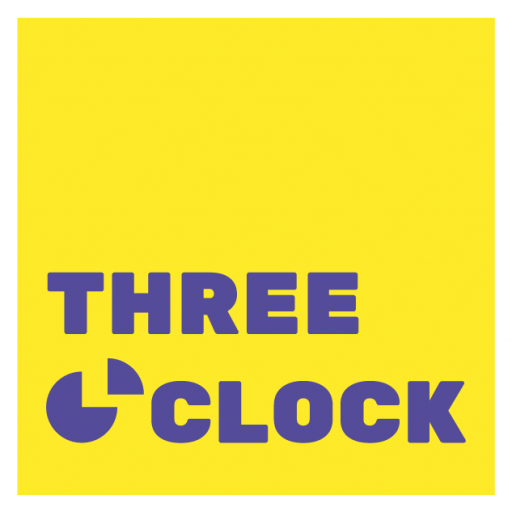In the blink of an eye, it's Spring! Time to sit and relax in the sun, and read one of our top books of the moment. We've put together a list of what we’ve been reading.
We hope you enjoy our recommendations!
Don’t hesitate to share yours too with the hashtag #3OCrecommends
BOOKS WE'RE READING
1. Poor Economics: A radical rethinking of the way to fight global poverty (Esther Duflo, Abhijit V. Banerjee) - 2011
- French title: Repenser la pauvreté
- Spanish title: Repensar la pobreza: Un giro radical en la lucha contra la desigualdad global
Poor Economics presents eight years of field research in villages of India, Morocco, Kenya, Indonesia and other developing countries to investigate the multi-faceted and complex lives of poor people.
In fact, the book can summarized with a single sentence in the foreword:
“[We] have to abandon the habit of reducing the poor to cartoon characters and take the time to really understand their lives, in all their complexity and richness.”
This book describes and analyzes the choices that people living on less than $2 a day (equivalent) make in areas like food, healthcare, education, family planning or financial risk. This reading gives sense to these choices with a deeper understanding and with some contemplation.
We recommend it to all those who wish to understand poverty beyond clichés.
2. Le Bug humain : Pourquoi notre cerveau nous pousse à détruire la planète et comment l’en empêche (Sebastien Bohler) - 2019
We are all aware about the negative consequences on climate change. However, the knowledge of what awaits us does not seem to be having any effect on the course of events. But why?
The doctor in neuroscience, Sébastien Bohler, addresses this big question (and other ones) from a new perspective. The striatum. This little organ in the center of our brain not only controls our behavior but wires our brain to pursue five goals whose objective is survival: eating, sex, power and acquiring information.
But why do humans develop technological inventions that impact nature? And how come is the business model of the digital industry based on primary enhancers of the striatum? In fact, the striatum functions so well that it is always demanding for more rewards. Like a drug addict, it cannot master its own tendency towards excess.
This book will help you understand the way we behave and with a bit of optimism it sheds lights on how to change our way of thinking when faced with temptations from this little organ.
(This book is only available in French, for now.)
3. The limits to growth (Dennis Meadows, Donella Meadows, Jørgen Randers, William W. Behrens III) 1972
- French title : Les Limites à la croissance (dans un monde fini) : Le « Rapport Meadows » (1972)
D. Meadows et al. already warned us in 1972 about the limits of growth in a planet with finite supply of resources.
In the summer of 1970, an international team of researchers at the MIT began a study of the implications of continued worldwide growth. They examined the 5 basic factors that limit growth on our planet: population increase, agricultural production, nonrenewable resource depletion, industrial output, and pollution generation.
This interesting study, which was commissioned by the Club of Rome, is the non-technical report of their findings. Various parameters have changed since 1972 (for instance the quantity of resources which was not yet discovered in the 60s), but their conclusions remain valid for our current system, making us think about the limits of our planet.
The book contains a message of hope as well: Humankind can create a society in which it can live indefinitely on Earth if it imposes limits on himself and its production of material goods to achieve a state of global equilibrium between population and production in a carefully selected balance.
You can download the book in pdf here (English version): https://www.clubofrome.org/publication/the-limits-to-growth





